1993 -1997
WEDNESDAY - 19.7.1961
СРЕДА - 19.7.1961
90 min, S16/35mm, 2K digitization
Director, Cinematography, Editing: Victor Kossakovsky
Producer: Viola Stephan
Zeughauskino Screenings:
Hinter dem Gießhaus 3 • Berlin-Mitte
FRI 24.10. at 8 pm
Directed by Victor Kossakovsky
1997 93 min Rus - German subs
FRI 07.11. at 8 pm
Directed by Victor Kossakovsky
1997 93 min Rus - English subs
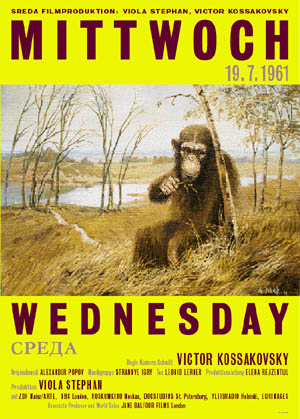
"I spent a whole year tracking down the other hundred people born that day. Some of them are no longer alive, some have moved away from the city, still others have emigrated. Over half of this group, however, are still living in this city, now known as St. Petersburg. There are thin ones and more corpulent ones, some with lots of children and others who are single, some who are poor, some who are successful. Some are garrulous, others reticent. There are patient and doctors among them. Some are in the business of selling while others are consumers. There are car drivers and pedestrians in the group, artists and businessmen, a builder and someone who is homeless; a prisoner and an investigating magistrate; left-wingers and right-wingers; those who have religion and those who don’t. And we are all about to turn 36 years of age.” - Victor Kossakovsky, 1996
Victor Kossakovsky, born in Leningrad on Wednesday, July 19, 1961, created Sreda from a simple yet striking idea: to seek out others born on the same day. The film encounters kindergarten teachers, dentists, women in maternity wards, men in courtyards, train drivers, bus drivers, and hospital patients. Its central perspective is historical, portraying lives side by side and uncovering possibilities that emerge from the interplay of biographies, including connections shaped by chance.
![]()
![]()
![]()
![]()
A woman notes that July births fall under the sign of Cancer, adding: “Cancers cling to childhood—to the past.” The film reflects this thought by telling of the present through the lens of time gone by. Dreams and perspectives flicker like a palimpsest, only to vanish again into the harshness of daily realities. Yet wishes surface, lending figures a glimmer of renewed strength to act. As one critic observed: never has it been clearer how life plays with people, how time treats their hopes.
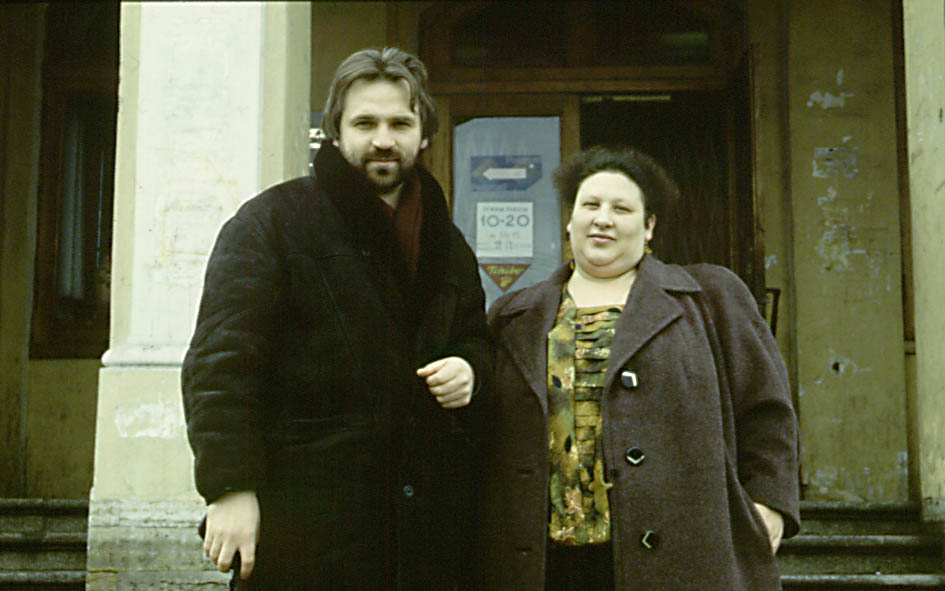
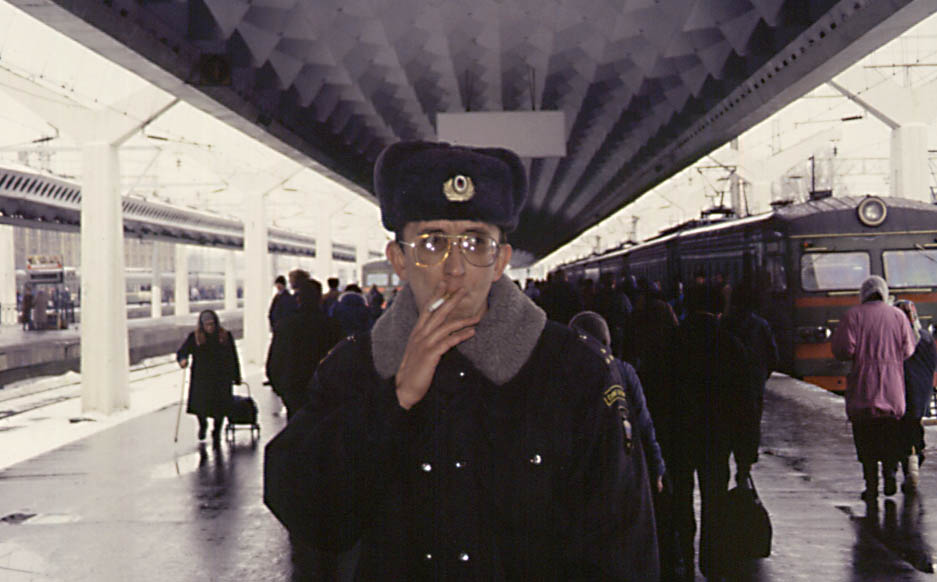
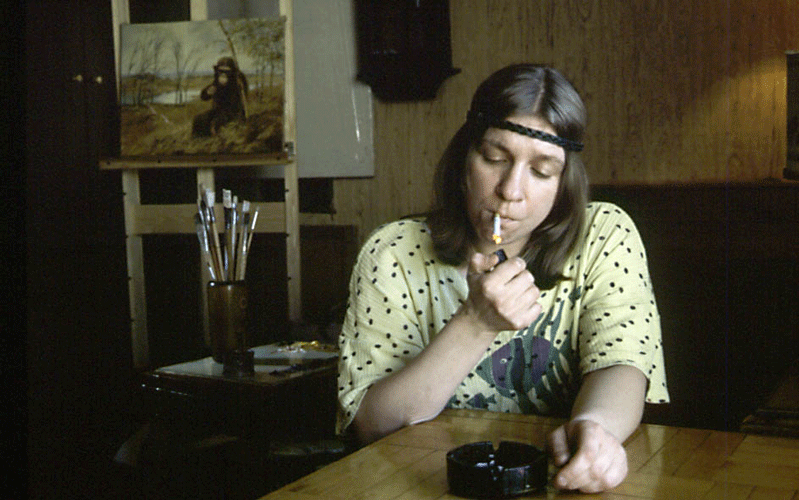
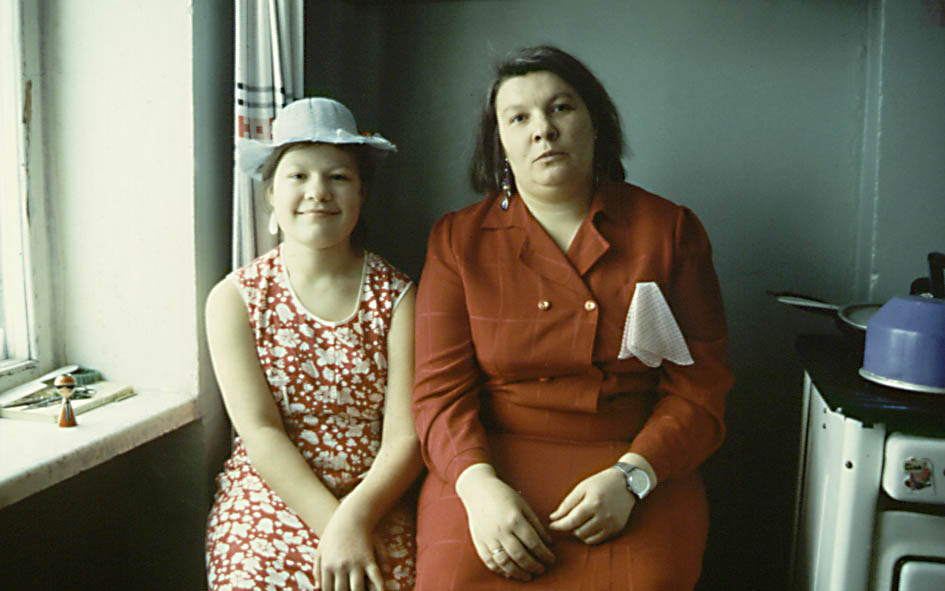
A woman notes that July births fall under the sign of Cancer, adding: “Cancers cling to childhood—to the past.” The film reflects this thought by telling of the present through the lens of time gone by. Dreams and perspectives flicker like a palimpsest, only to vanish again into the harshness of daily realities. Yet wishes surface, lending figures a glimmer of renewed strength to act. As one critic observed: never has it been clearer how life plays with people, how time treats their hopes.
